01 Feb 2005
Janine F.
The humorous portrait of a female artist. The film follows the career of 24-year-old Janine F. who in 2002 caused a commotion from the rooftop of a Berlin building.
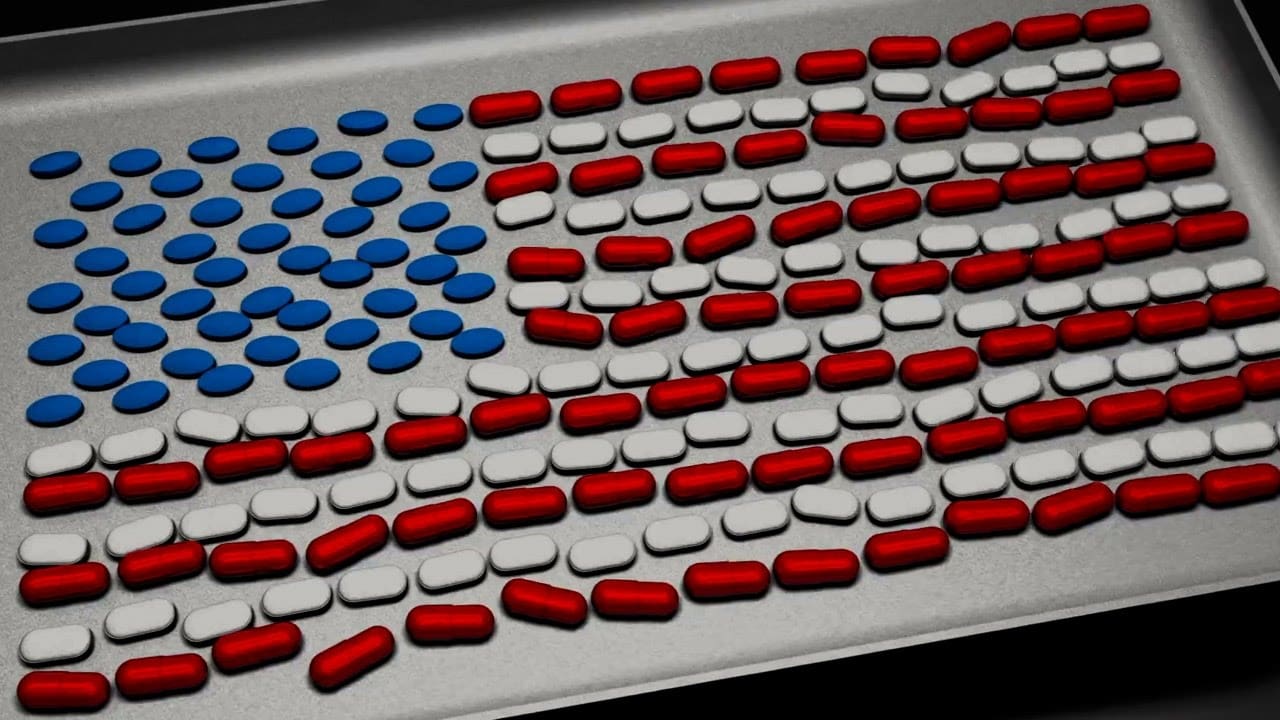
Is there really a war on drugs?
Americans consume 75% of the world’s prescription drugs. After losing his own brother to the growing epidemic of prescription drug abuse, documentarian Chris Bell sets out to demystify this insidious addiction. Bell’s examination into the motives of big pharma and doctors in this ever-growing market leads him to meet with experts on the nature of addiction, survivors with first-hand accounts of their struggle, and whistleblowers who testify to the dollar-driven aims of pharmaceutical corporations. Ultimately his investigation will point back to where it all began: his own front door.

Self

Self

Self
01 Feb 2005
The humorous portrait of a female artist. The film follows the career of 24-year-old Janine F. who in 2002 caused a commotion from the rooftop of a Berlin building.
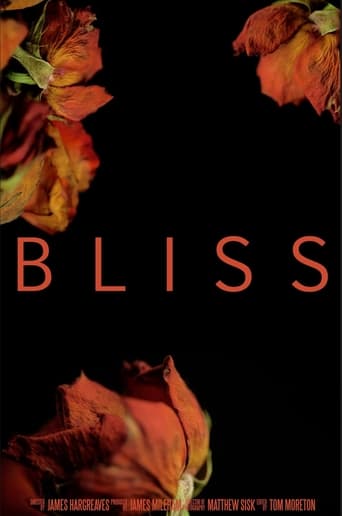
14 Jan 2019

After a tragic series of events in his life, Rob discovers the over-the-counter drug known as codeine. The effects of the pill are so strong and addictive, that soon, Rob becomes dependant and consumes them daily. But the less he feels the more he misses, as his life degrades into a deep, dangerous, oblivion of bliss.
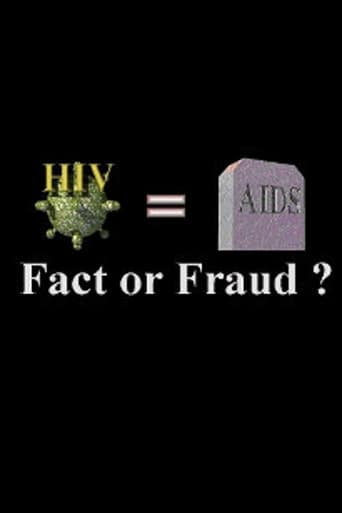
01 Jan 1996

One of the most powerful video documentaries of our time boldly reveals the modern medical-industrial complex’s dire descent into utter corruption. HIV/AID$ - A deadly and dangerous DECEPTION! This feature-length expose explains exactly how the 300-Billion-dollar AID$ fraud began, why HIV can NOT be the cause of AIDS, what the real causes could be, and who manipulates the public’s good intentions while poisoning hundreds of thousands with toxic drugs that cause the very disease they are supposed to prevent.
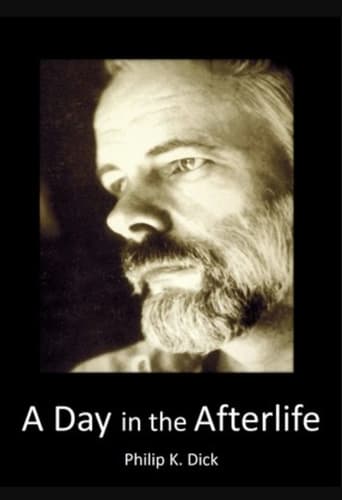
09 Apr 1994

A poetic look at the life and legacy of legendary author Philip K. Dick (1928-1982), who wrote over a hundred short stories and 44 novels of mind-bending sci-fi, exploring themes of authority, drugs, theology, mental illness and much more.
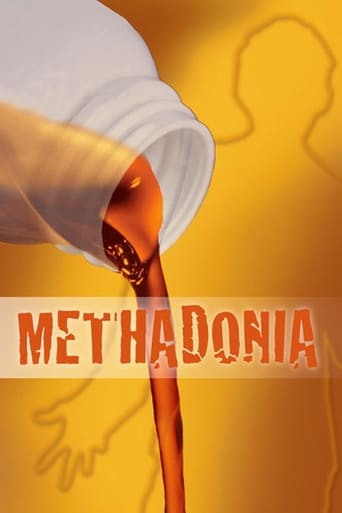
06 Oct 2005

Shot over the course of 18 months in New York City's Lower East Side, METHADONIA sheds light on the inherent flaws of legal methadone treatments for heroin addiction by profiling eight addicts, in various stages of recovery and relapse, who attend the New York Center for Addiction Treatment Services (NYCATS).
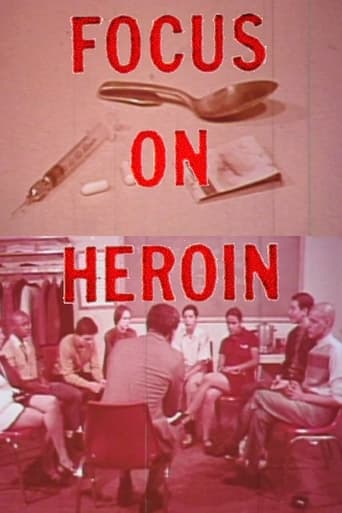
23 Jan 1971

This film points out the risks of being a heroin addict. Explains that addicts cannot be identified solely with one particular socio-economic level and cannot always be detected by appearance. Addicts and ex-addicts describe the first and subsequent drugs they used.
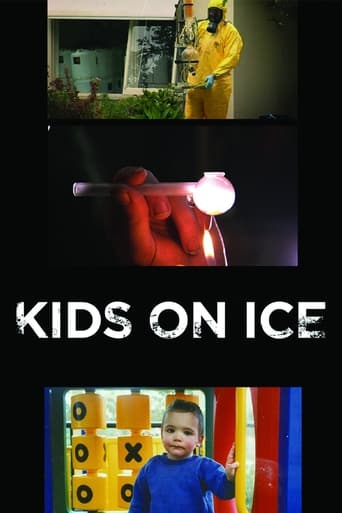
21 Oct 2014

Quiet towns across rural Australia are in the grip of an Ice epidemic. Major international drug cartels are working with local outlawed motorcycle gangs to push crystal meth to a captive market of children.

23 Jan 1970

This experimental 1970 color documentary film, ostensibly designed to provoke classroom discussion employs a boldly unconventional approach to addressing the issues of drug addiction, featuring the music of Canadian singer-songwriter Bruce Cockburn. The film eschews narration for montage effects and extended fly-on-the-wall scenes of various drug users in conversation.
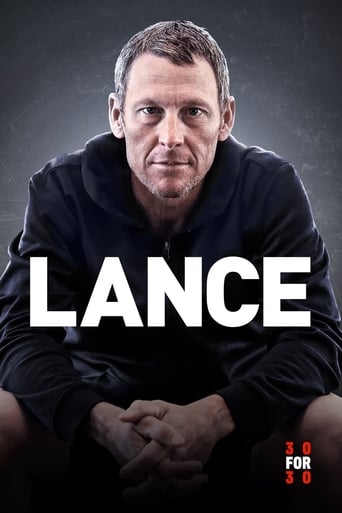
27 Jan 2020

A personal examination of the rise and fall of Lance Armstrong.
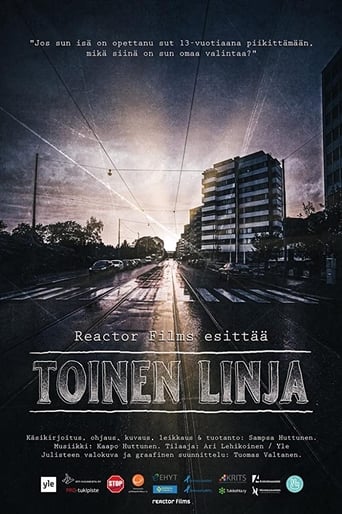
11 Dec 2018

Second Lane is a story about drug addiction, living with it and fighting it. It is a documentary about people who use intravenous drugs and the professionals and peers working with those people. What happens when ‘Vinkki’, a social and healthcare counselling centre in Helsinki, closes its doors due to a lost contract.
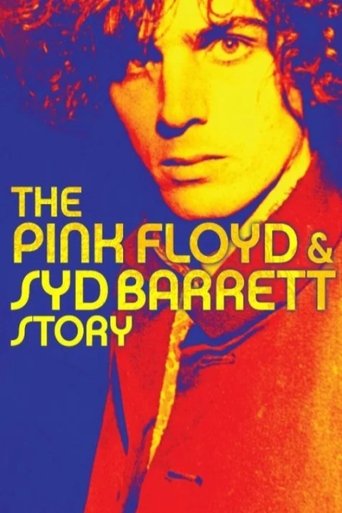
24 Mar 2003

The full bizarre, tragic but celebratory story of Syd Barrett, the co-founder of Pink Floyd.
01 Jan 2012
Kibera is the largest slum area in Nairobi, and the largest urban slum in Africa. This documentary depicts three important problems; violence, drugs (miraa) and albinos killing.The 2009 Kenya Population and Housing Census reports Kibera's population as 170,070, contrary to previous estimates of one or two million people .Most of Kibera slum residents live in extreme poverty, earning less than $1.00 per day. Unemployment rates are high. Persons living with HIV in the slum are many, as are AIDS cases. Cases of assault and rape are common. There are few schools, and most people cannot afford education for their children. Clean water is scarce. Diseases caused by poor hygiene are prevalent.

09 Apr 2010

Reindeerspotting is a documentary film of a group of young guys living in Rovaniemi, Arctic Circle, dabbling in petty crime and hard drugs. One of them, Jani, has lost five years of his life and two fingers to his debotators. He wants to leave Lapland and his old life behind. Robbing a supermarket is a start for his getaway. A few years back a documentarist, Joonas Neuvonen, was a young men living on social welfare, using drugs on daily basis. He started to film his friends and their life. This is the story of Jani.
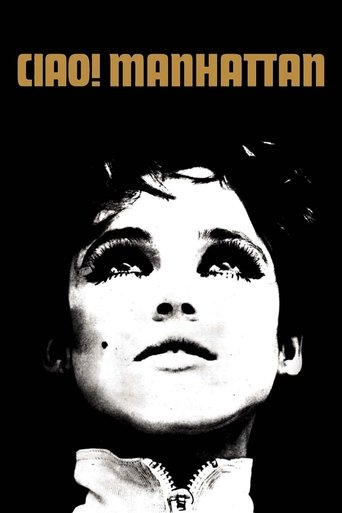
19 Apr 1973

Fiction and documentary mingle in a freewheeling portrait of Susan Superstar, a New York celebrity on a drug-fueled downward slide that mirrors Edie Sedgwick’s own self-destructive spiral.
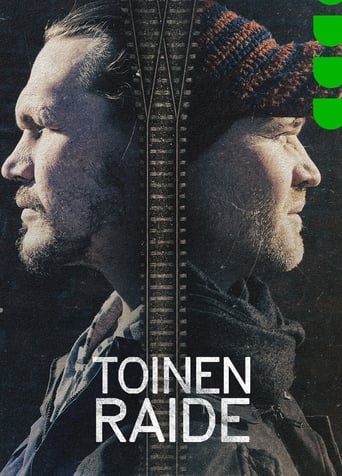
02 Feb 2023

A newspaper clip of a 30-year-old movie makes our middle-aged protagonist in the middle of his peak years to look for his best childhood friend. The journey leads him back to his teenage years in the 1990s depression, over-generational substance abuse and past encounters. This partly essayistic, autobiographical documentary tells the story of friendship and generational experiences while also pondering on the causes and effects of destinies in the judgmental atmosphere of our society.
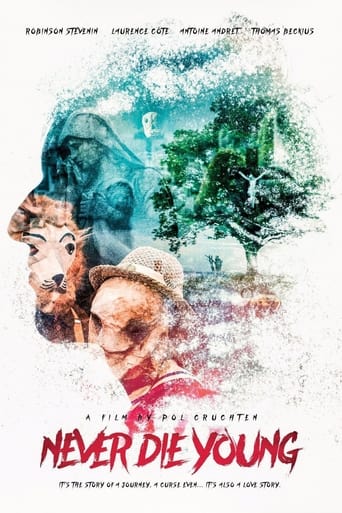
24 Sep 2014

An unnamed man narrates the downward trajectory of his life from beyond the grave, from delinquency to the string of fateful decisions and foolhardy moves that tied him inextricably to the opiate that was the elusive love of his life.

15 Sep 2020

One in five Americans is taking a psychiatric drug, including millions of children. Pharmaceutical companies have over-hyped the benefits of these drugs, while hiding the risks and severe side effects including physiological dependence. "Medicating Normal" explores what happens when for- profit medicine intersects with human beings in distress.
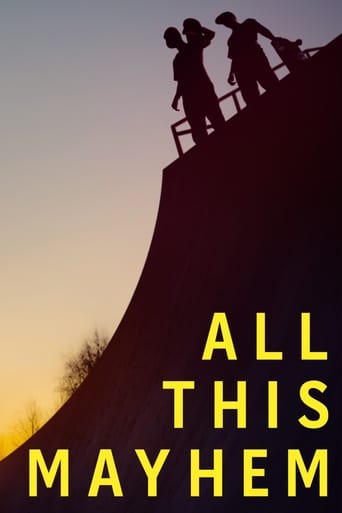
10 Jul 2014

A searing account of what happens when raw talent and extreme personalities collide. In this unflinching, never-before-seen account of drugs and the dark side of professional skateboarding, brothers Tas and Ben Pappas' intense bond and charisma take them from the pinnacle of their sport into a spiraling world of self-destruction.
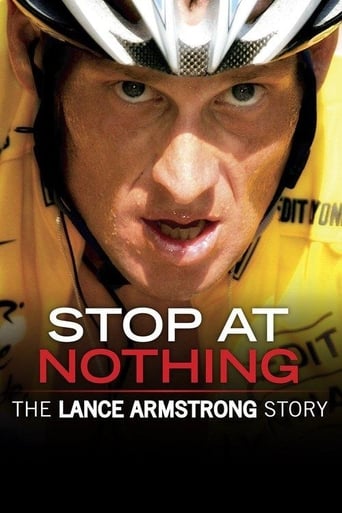
27 May 2014

A portrait of the man behind the greatest fraud in sporting history. Lance Armstrong enriched himself by cheating his fans, his sport and the truth. But the former friends whose lives and careers he destroyed would finally bring him down.

12 Mar 2010

Narrator and director Michael Schaap's confessional style and general goofiness bring levity to an awkward topic: "erectile dysfunction" and the little blue pill that treats it.